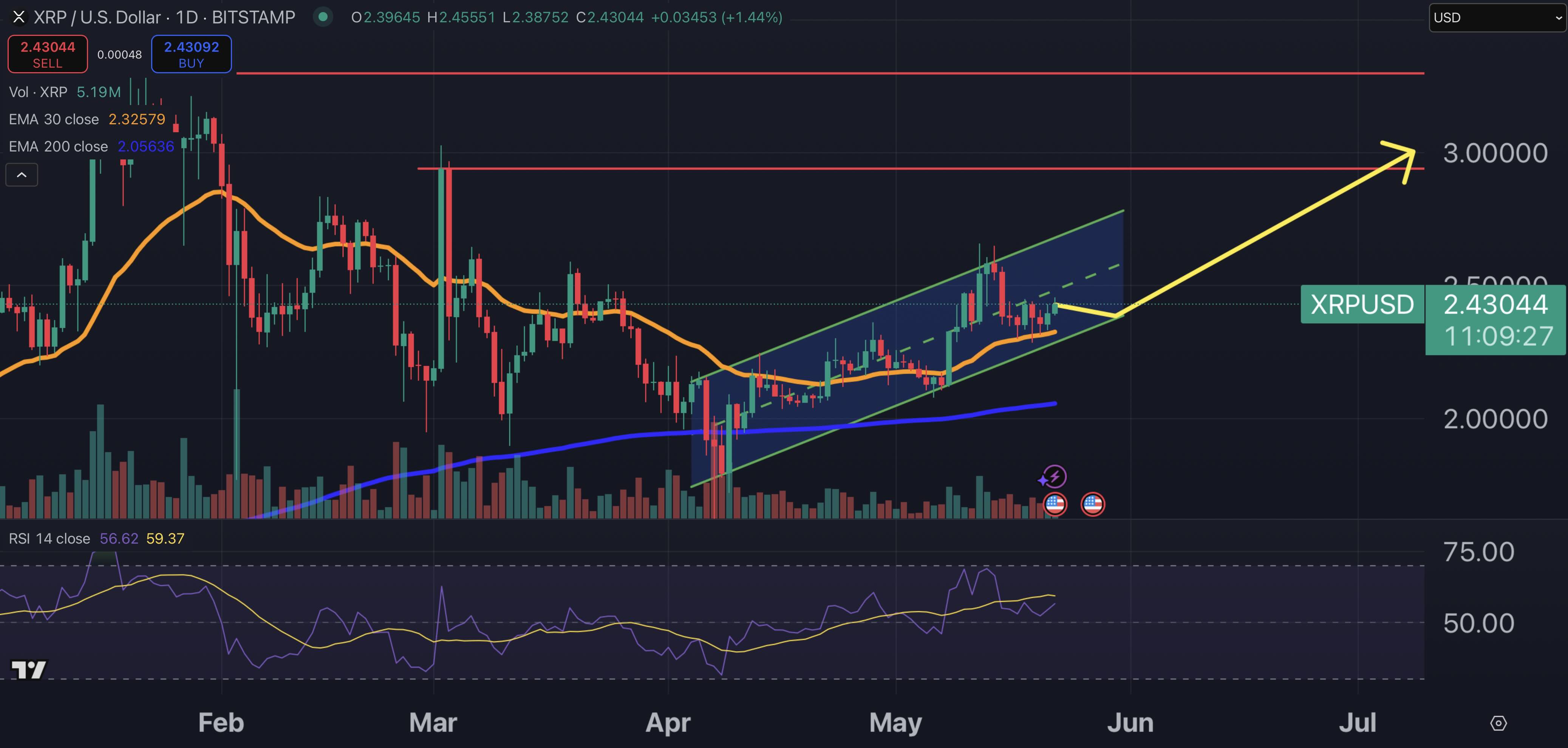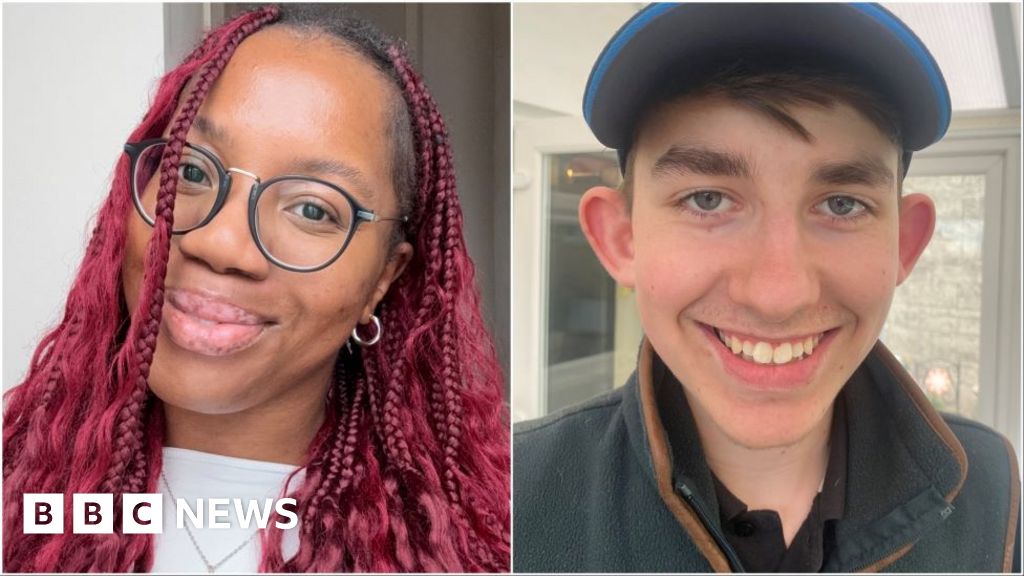A former marine has been charged with manslaughter for the killing 11 days ago of an unstable man on the subway that inflamed New Yorkers’ divisions over the interlocking issues of homelessness, mental illness, race and public safety.
Daniel Penny, 24, appeared in Manhattan criminal court on Friday morning to be arraigned on second-degree manslaughter for the killing of Jordan Neely, 30. If convicted, he would face up to 15 years in prison.
Following the arraignment, Manhattan district attorney Alvin Bragg said his office had concluded “there was probable cause to arrest Daniel Penny and arraign him on felony charges”, adding: “Jordan Neely should still be alive today.”
The two men crossed paths on the F train in the sort of encounter that is all too familiar to regular subway riders. Neely, a black man with an extensive history of arrests, drug use and mental illness, was menacing fellow passengers. He said he was hungry and did not care if he went to jail or got shot although he does not appear to have had physical contact with anyone.
Penny, who is white, placed him in a chokehold with help from two other passengers in what his lawyers later said was an effort to protect them from imminent danger. Penny maintained the hold for several minutes, even after Neely had stopped moving — a harrowing scene captured on mobile phone video. Neely was later pronounced dead at the hospital.
The reaction was swift. Alexandria Ocasio-Cortez, the leftwing Democratic representative, accused those in power of demonising the poor and failing to address a housing crisis. Others faulted the city’s social services while a group of protesters outraged by the killing stormed a subway station.
But even many who despaired over Neely’s death saw a more complex situation in a city in which public safety and lawlessness have become acute concerns in the aftermath of the Covid-19 pandemic.
The subway has been a particular focus of fear. Several incidents have occurred of innocent commuters being assaulted or thrown on to the tracks, often by violent and mentally ill men. Meanwhile, it has been just over a year since New Yorkers were terrorised when a deranged man opened fire on a crowded train, wounding 29.
In his first response to the killing, Mayor Eric Adams — a former transit cop who has made public safety the cornerstone of his administration — urged restraint and asked that authorities be given time to investigate Neely’s death. Under mounting criticism, Adams shifted his tone this week, saying “Jordan Neely did not deserve to die” and calling his death “a tragedy that never should have happened”.
The episode has conjured demons from the city’s past. Among them, the “subway vigilante” Bernard Goetz, a white man who shot four black teenagers in 1984 after fearing that they were trying to rob him. The teenagers said they had only asked for money.
The manner of Neely’s death also called to mind cases of excessive force being used against black men, including the police murder of Eric Garner in 2017 with a chokehold.
“It perfectly captures two sides of fear,” said Richard Aborn, a lawyer and president of the Citizens Crime Commission of New York City. “A fear of vigilantism versus the fear of crime on the subway.”
The case will ultimately turn on the crucial details of what happened before and then during the chokehold, he argued, and therefore whether Penny was using justified force in self defence or had been reckless. “This is an extremely fact-sensitive prosecution,” Aborn said, adding: “Every step of this is completely tragic.”
Neely, who periodically tried to make some money on the subway as a Michael Jackson impersonator, had endured much trauma in his own short life. When he was 14 his mother was murdered by a boyfriend, who then stuffed her body into a suitcase and left it on a roadside.
That tragedy apparently precipitated Neely’s slide into mental illness. He received treatment for drug abuse and mental health issues at various times, according to reports, but often failed to maintain it. His 42 arrests ranged from low-level offences to violent assault, including breaking the nose and orbital bone of a 67-year-old woman as she exited a subway station in 2021.
Credit: Source link










